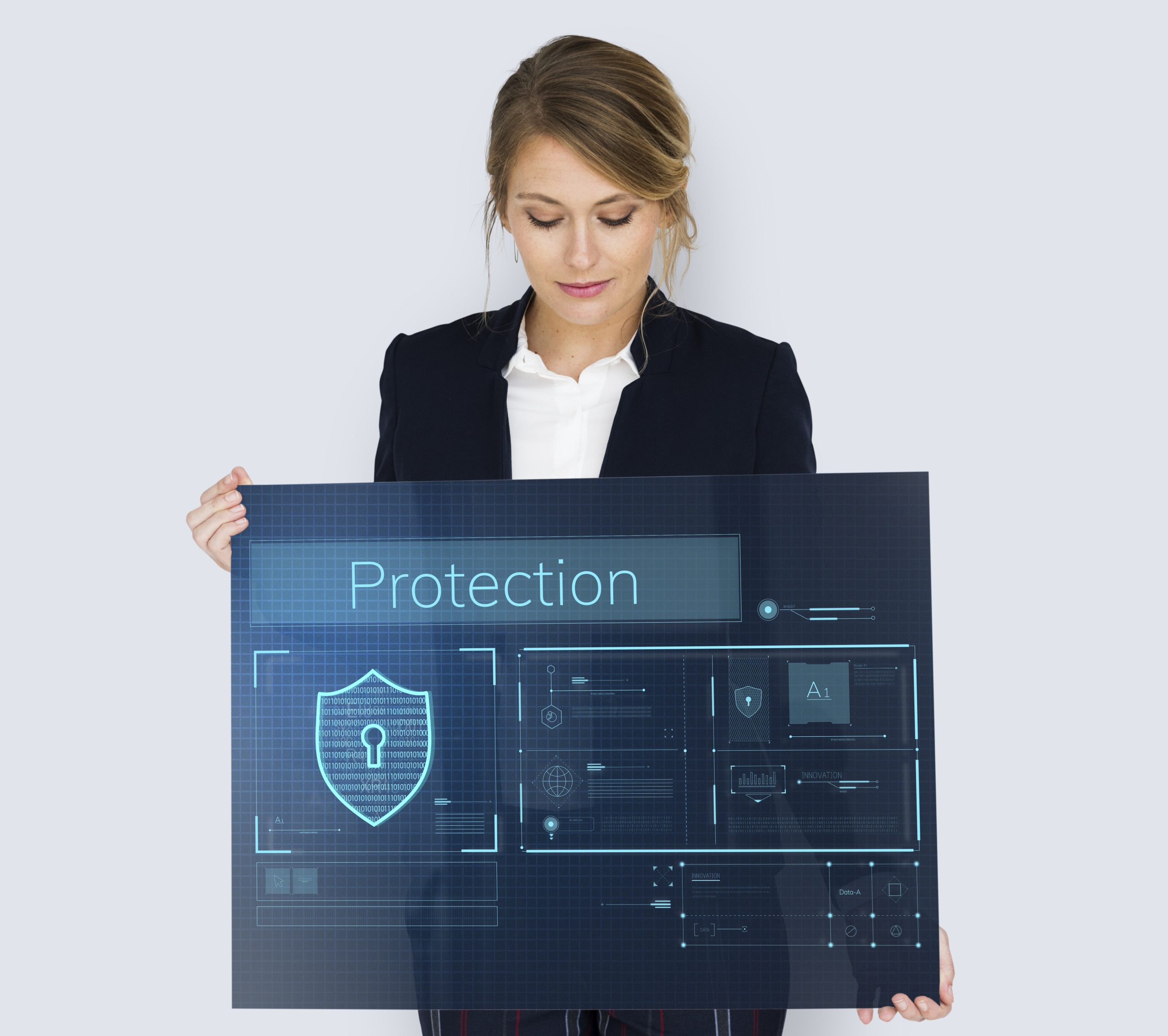
Security Best Practices for Colocation Data Centers | Expert Tips
Why Is Colocation Data Center Security So Important?
Data center security is not just about locks and cameras. It’s about protecting your entire IT environment. A small oversight can lead to huge risks. These may include data loss, hardware damage, or even system downtime.
First, colocation data centers house critical assets for many companies. This includes servers, storage systems, and networking gear. Next, any security lapse can damage a company’s reputation. Finally, proper security practices help businesses comply with regulations.
Physical Security Measures in a Colocation Facility
1. Limit Access to Authorized Personnel
Only authorized personnel should enter the data center. Many facilities use key cards, biometric scanners, or PIN codes. These help restrict access. Always verify your vendor’s access control policies.
2. Monitor Entry Points
Cameras and monitoring tools are essential. They track who enters and exits. Also, they serve as deterrents to trespassers. Regularly review surveillance logs to spot suspicious activity.
3. Use Security Guards and Patrols
Trained guards can detect threats quickly. Some colocation facilities use 24/7 security staff. They conduct rounds and validate access credentials. This extra layer of protection can prevent theft.
Network and Cybersecurity Best Practices
1. Segment Your Network
Network segmentation limits the spread of attacks. It groups systems into isolated zones. That way, a threat in one area doesn’t affect the entire environment. Ask your colocation provider about VLAN or firewall solutions.
2. Apply Regular Patches and Updates
Old software is a target for hackers. They exploit known flaws in outdated systems. Keep software current to close these gaps. Automation tools can simplify patch management.
3. Enable Multi-Factor Authentication (MFA)
User credentials alone aren’t enough. MFA adds a second verification step. This could be a text code or mobile prompt. MFA reduces the risk of stolen passwords.
4. Encrypt Data in Transit and at Rest
Encryption protects data from unauthorized eyes. It scrambles information so it’s unreadable without a key. Use SSL/TLS for data in transit. Also, consider disk-level encryption for stored data.
Environmental Controls for Hardware Protection
1. Temperature and Humidity Regulation
Heat can damage servers quickly. Proper cooling prevents equipment failure. Colocation data centers often maintain strict temperature ranges. Make sure your provider meets ASHRAE guidelines.
2. Redundant Power and Cooling Systems
Power surges and outages are common threats. Redundancy ensures there’s a backup if one system fails. Look for facilities with N+1 or 2N redundancy. This prevents downtime that could expose data to risk.
3. Fire Suppression Systems
Traditional fire sprinklers can ruin hardware. Instead, data centers use dry-pipe or gas-based systems. These put out fires without harming servers. Confirm your facility uses modern suppression solutions.
Auditing and Compliance in a Colocation Data Center
1. Seek Verified Certifications
Reputable data centers hold certifications like SOC 2 or ISO 27001. These confirm the facility follows strict security controls. Review these certifications. They show a commitment to data center security best practices.
2. Conduct Regular Security Audits
Audits uncover weak spots in your setup. They might find unpatched software or poor access management. Schedule audits at least once a year. Document the findings and plan improvements.
3. Comply with Industry Regulations
Each industry has unique rules. For example, healthcare has HIPAA. Payment providers must follow PCI-DSS. Ensure your colocation facility can meet these requirements. Non-compliance can lead to heavy fines and legal troubles.
Creating a Solid Incident Response Plan
1. Define Roles and Responsibilities
Clarity is key during an emergency. Assign each team member a role. This prevents confusion if a breach occurs. Everyone should know who to call and what to do.
2. Establish Clear Communication Channels
Fast communication stops threats from spreading. Use email, phone trees, or messaging apps. Keep contact lists updated. Test them regularly to ensure they work under pressure.
3. Practice Drills and Tabletop Exercises
A plan on paper isn’t enough. Practice how you’d respond to a real incident. Simulate attack scenarios or hardware failures. This will help you refine your strategy.
How to Choose the Right Colocation Provider
1. Review Security Policies and Standards
Ask the provider to share documents on physical and digital security. Check if they align with your internal policies. Look for details on how they handle emergencies. Verify their certifications and past audit results.
2. Evaluate Uptime and Redundancy
Uptime is crucial. A secure data center also needs to be reliable. Ask about their Service Level Agreements (SLAs). Make sure you understand what happens if they fail to meet those guarantees.
3. Consider Scalability and Future Growth
Your security needs will evolve. You might add new hardware or run more applications. Pick a provider who can expand with you. This helps you avoid future migrations that can introduce risks.
Best Practices for Ongoing Hardware Security
- Label Hardware Clearly
Label servers and cables. This cuts confusion and prevents accidental disconnects. It also aids quick recovery during incidents. - Perform Routine Maintenance
Faulty parts can lead to downtime or vulnerabilities. Schedule regular check-ups. Replace or upgrade hardware as needed. - Keep Detailed Inventory
Track what you have and where it’s located. Inventory records help you spot missing items. They also help when scaling or relocating equipment.
Conclusion
Securing data and hardware in a colocation data center is critical. Following these best practices protects your business and your customers. First, focus on physical security. Next, bolster your network defenses. Finally, plan for emergencies with a clear incident response strategy.
Proper colocation data center security offers peace of mind. It also supports compliance and reliability. Invest in good security measures today and avoid future risks.
Frequently Asked Questions
1. Who is responsible for security in a colocation facility?
Both the colocation provider and the client share responsibility. The provider handles building security, power, and cooling. You must secure your hardware, applications, and data.
2. How often should I audit my colocation data center security?
Aim for an annual audit at a minimum. Some businesses audit more frequently based on industry rules. Regular checks help you identify and fix vulnerabilities early.
3. Is colocation more secure than cloud hosting?
They each have strengths. Colocation offers more direct control over hardware. Cloud providers often have advanced cybersecurity staff and tools. Security depends on proper setups in both cases.
4. What certifications should I look for in a colocation provider?
Common ones include SOC 2 Type II, ISO 27001, and PCI-DSS (for payment data). These show the provider meets recognized security standards.
5. Can I customize security measures in a colocation data center?
Yes. Many providers allow custom cages, firewalls, or biometric locks. Discuss your needs with your provider to ensure compatibility.
Author Profile

- Online Media & PR Strategist
- Hello there! I'm Online Media & PR Strategist at NeticSpace | Passionate Journalist, Blogger, and SEO Specialist
Latest entries
 Scientific VisualizationApril 30, 2025Deepfake Scientific Data: AI-Generated Fraud in Research
Scientific VisualizationApril 30, 2025Deepfake Scientific Data: AI-Generated Fraud in Research Data AnalyticsApril 30, 2025What Is Data Mesh Architecture and Why It’s Trending
Data AnalyticsApril 30, 2025What Is Data Mesh Architecture and Why It’s Trending Rendering and VisualizationApril 30, 2025Metaverse Rendering Challenges and Opportunities
Rendering and VisualizationApril 30, 2025Metaverse Rendering Challenges and Opportunities MLOpsApril 30, 2025MLOps 2.0: The Future of Machine Learning Operations
MLOpsApril 30, 2025MLOps 2.0: The Future of Machine Learning Operations

